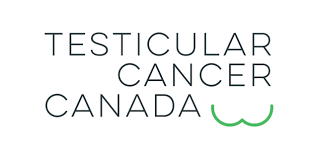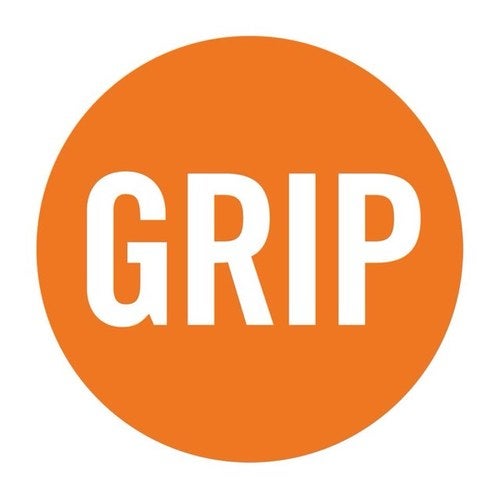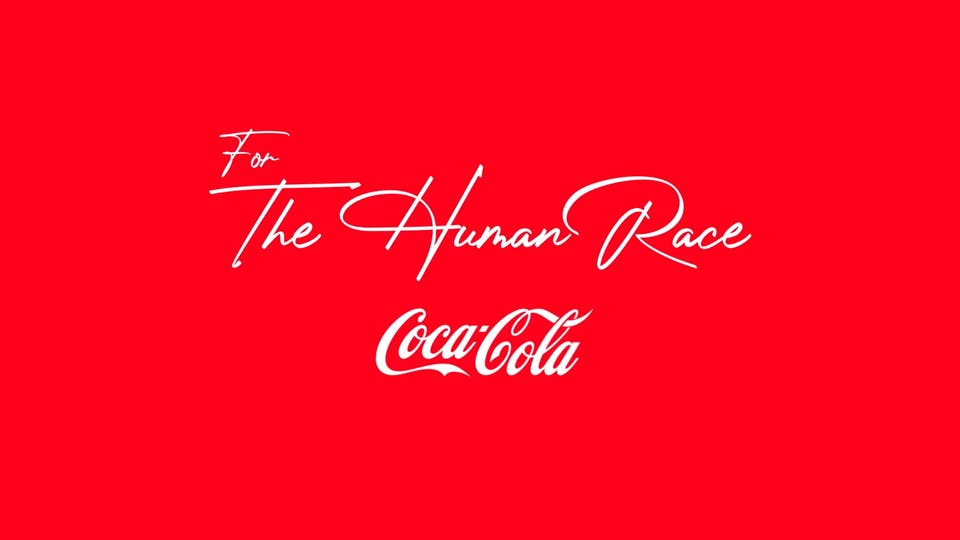

SDG3 target 3.4: By 2030, reduce by one third premature mortality from non-communicable diseases through prevention and treatment and promote mental health and well-being.
0
million impressions
0
engagements across social and website
Where: Canada
The challenge:
In Canada on average 1,100 men are diagnosed with testicular cancer every year. Its impact among young men is significant and it is the most common form of cancer in men aged 15-35. If detected in the early stages, testicular cancer can be treated and patients go on to lead normal lives. But often young men find it difficult to talk about their testicular health amongst themselves or to the doctor. The challenge is to find a way to break a deeply ingrained taboo. In short, get young men talking to the professionals as early as possible.
We have worked with Testicular Cancer Canada on several successful pro bono campaigns but each occasion requires a fresh and creative idea to encourage a new cohort of young men to talk about this life-threatening disease.
The execution:
#ittakesballs was borne from the idea that a movement-inspired campaign would be powerful in changing behaviour around testicular cancer. Canadians – both men and women - were asked to share their most embarrassing stories, bringing attention to the fact that, compared to many situations people can go through, talking to a doctor about testicular health is hardly embarrassing at all. All the shocking but amusing stories were aggregated on the dedicated website ittakesballs.ca. Through a social media push, influencers invited the public to take part in the #ittakesballs movement to destigmatise the conversation around testicular health.
The results:
The campaign was launched across Canada for Testicular Cancer Awareness Month and featured 30-second social videos, out-of-home and online banners supplemented by TV and PR activity.
It resulted in more than 150 million impressions across Canada and the U.S., while generating over 750,000 engagements on both social media and the Testicular Cancer Canada website. More than 9,200 Canadians accessed essential educational information about the condition.
Alexandre Désy, Executive Director and founding member at Testicular Cancer Canada, himself a testicular cancer survivor, said of the campaign: “We wanted to destigmatise talking about your testicles, so we treated it like an embarrassment arms race. We achieved great earned media and engagement across the campaign with so many embarrassing stories shared.”
Check out more inspiring examples of our work on SDG3.

KIA Israel: Full-funnel digital approach
Tackling a shortage-shaken market with efficiency

Mastercard Israel:
Launch of Mastercard Day
Developing a new growth engine to counteract the effects of the global COVID-19 crisis and leveraging the Mastercard brand in Israel to new heights.

1st for Women: 16 Days of Light
Diversity and inclusion

Merdeka LHS: The Coca-Cola Company
For The Human Race
"For The Human Race" celebrates resilience and stubborn optimism by showcasing true stories of real people bringing hope to humanity during the COVID-19 crisis.
